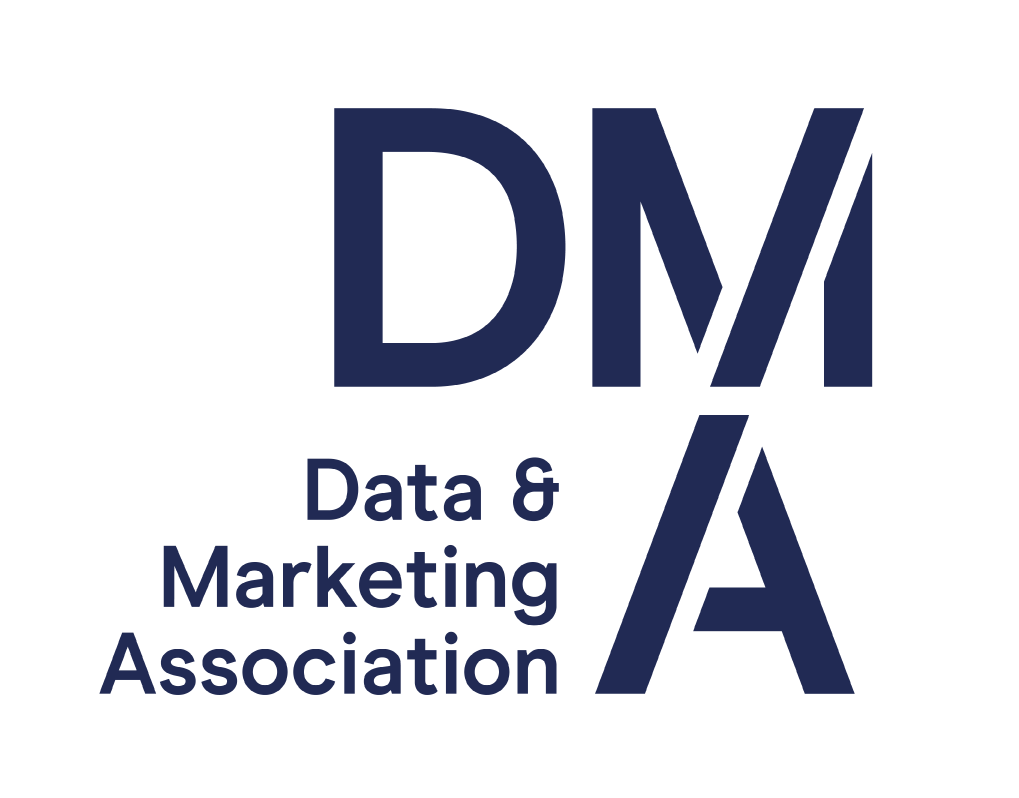The Draft EU Data Protection Regulations and the Other Compliance Obligations
13 Mar 2013
As our series of blogs on the proposed EU Data Protection Regulation is almost at an end, I think it’s fair to say that they made for very informative reading. I hope you would agree with me that many marketers can learn something from them. A lot of the main topics within the proposal have been covered. But what are the changes to the compliance obligations which organisations need to consider in their day to day activities if the proposal was to be passed in its current version?
Data processing is featured heavily in the proposed Regulation. One of the changes is around notifying the relevant national data protection authority, in the case of the UK the Information Commissioner’s Office (ICO), of your organisation’s data processing activities. Currently, providing such notification to the ICO has been a matter of course, whereas the proposal states that full records of data processing activities must be kept by the organisation and only supplied to the relevant national data protection authority on request.
The use of data in many organisations is crucial for marketing purposes, as well as general interaction with customers. If you work client-side, just think of the number of email campaigns your organisation sends out to your customers, whether the customers are active, prospective, lapsed or otherwise. Your data would have had to be processed in some way before emailing, whether it’s cleaning or segmenting for a targeted campaign; therefore keeping a record each time the data is processed with specific information would add another compliance burden to the activity. The obligation to keep records of processing activities is also extended to agencies where dealing with data is an integral part of running of the organisation, such as list rental and lead generation activities. With this in mind, if you think of your own organisation’s activities as well as the number of organisations involved in a typical data processing chain, then the number of data processing activities that will need to be recorded is overwhelming. The ICO is concerned that there is a danger that organisations will focus on the ‘paperwork’ rather than on actual data protection compliance. The removal of the notification fee, which organisations currently pay to the ICO when they complete the notification form, does raise questions as to how the ICO will be adequately funded to carry out its data protection work effectively.
Another change in the proposal which will have a big impact is the requirement for organisations with 250 or more staff to have a designated independent data protection officer. Even though data is crucial to a lot of organisations, the size, reasons for its use and frequency the data is handled and processed amongst organisations varies. The ICO believes that “a simple head-count criterion for the designation of a data protection officer is not the best approach.” Some low head count organisations may process a large amount of information about a lot of people and are therefore high risk. On the other hand, large head count organisations may carry out relatively small –scale and low risk processing. Read the ICO’s report on the draft regulations here
The additional bureaucratic requirements relating to these proposed new compliance obligations will certainly create extra administrative costs, particularly for smaller organisations. As well as the increased documentation of all data processing activities, consider the revision and issue of new terms and conditions, and the amount of employee guidance and training around these changes.
These new compliance obligations , as well as implementing the right to be forgotten, and explicit consent for data processing will mean that all organisations will have to review their day to day activities.





Please login to comment.
Comments